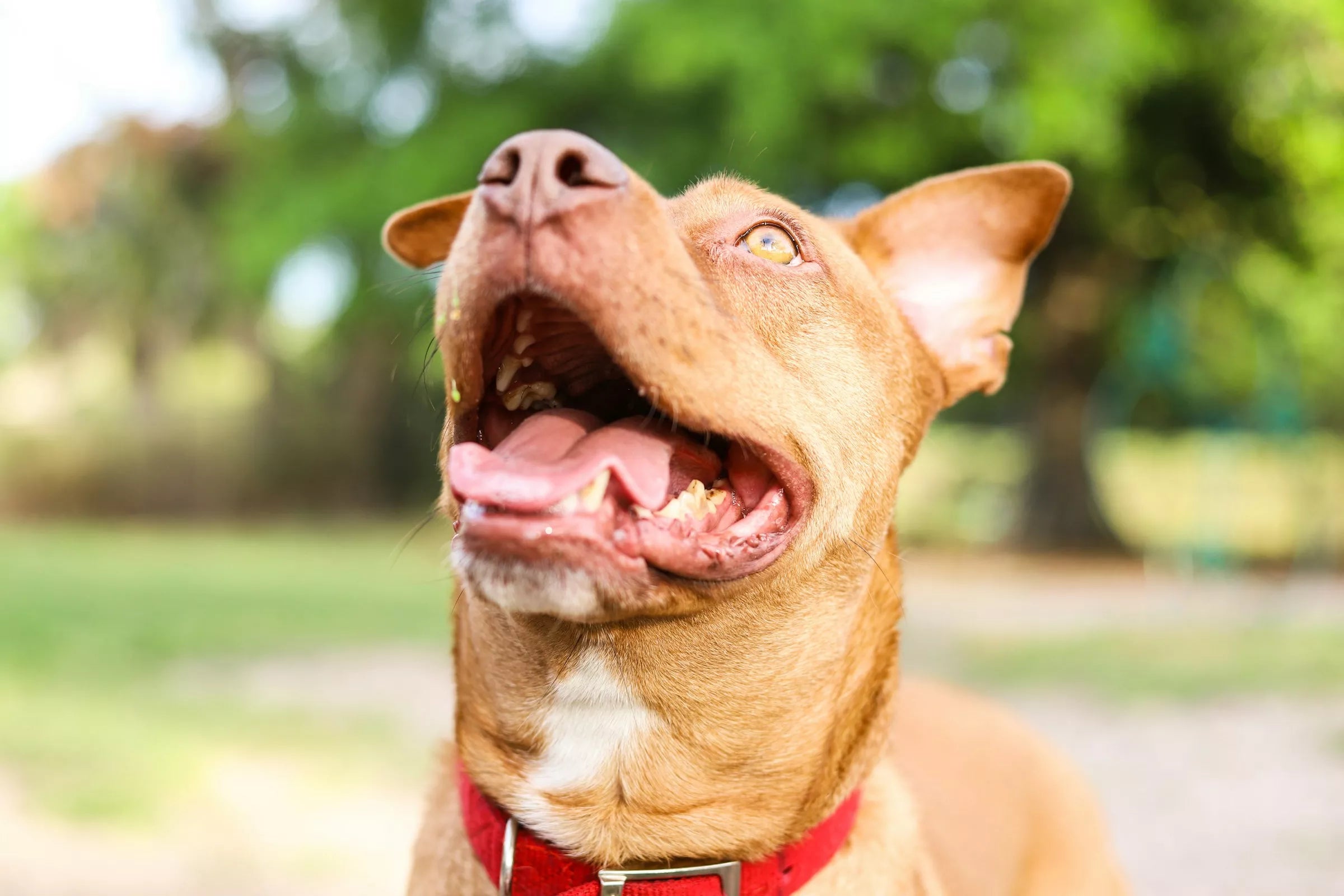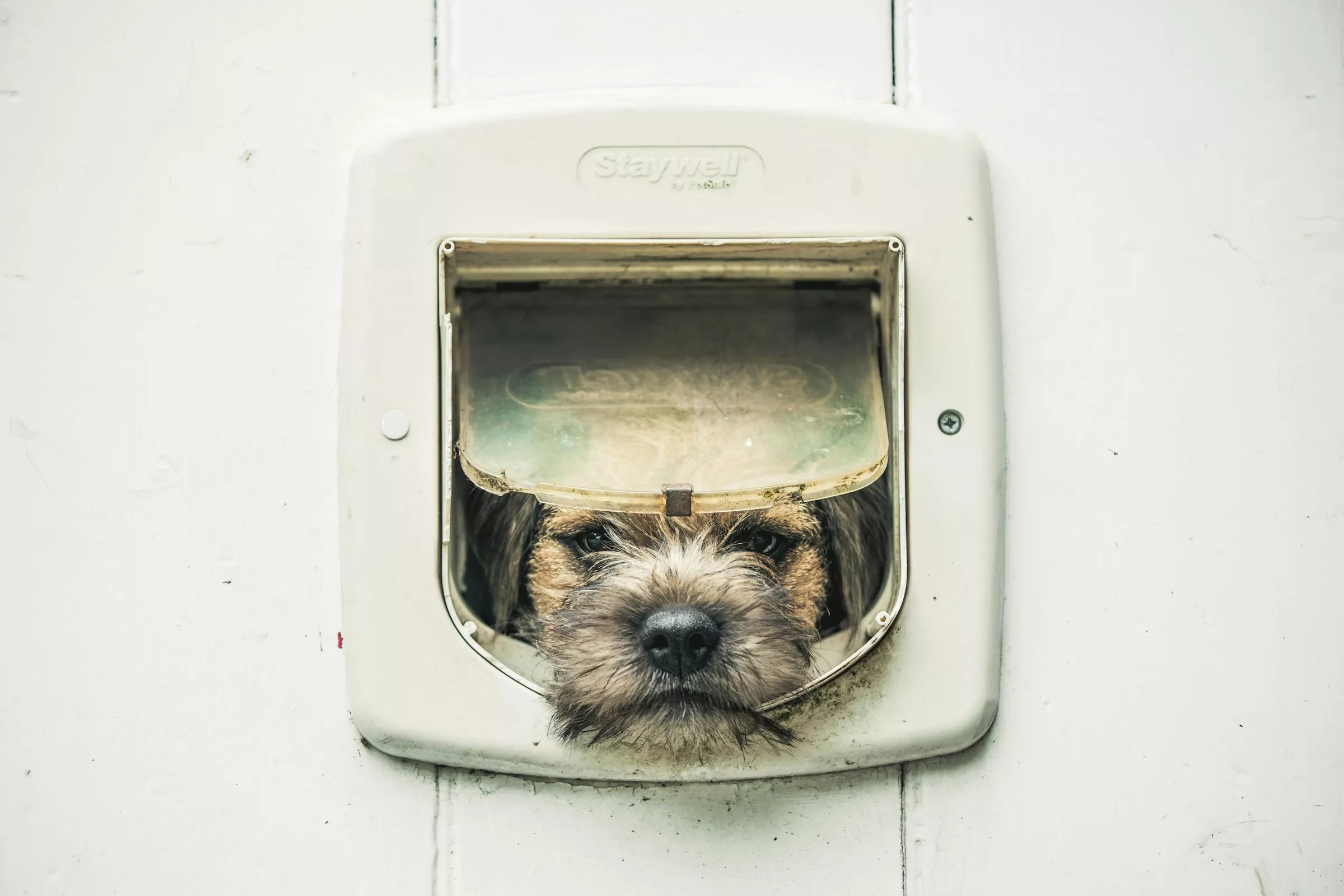Why Dental Care Matters for Dogs
 Just like humans, dogs can suffer from plaque, tartar buildup, gum disease, and tooth decay. What many owners don’t realise is that dental health isn’t just about a fresh smile — it’s directly linked to your dog’s overall wellbeing. Poor dental hygiene can affect the heart, kidneys, and liver, leading to serious health issues over time.
Just like humans, dogs can suffer from plaque, tartar buildup, gum disease, and tooth decay. What many owners don’t realise is that dental health isn’t just about a fresh smile — it’s directly linked to your dog’s overall wellbeing. Poor dental hygiene can affect the heart, kidneys, and liver, leading to serious health issues over time.
The Risks of Poor Dental Health
Neglecting your dog’s teeth can cause more than bad breath. Common risks include:
- Periodontal disease – a painful condition affecting gums and bone.
- Tooth loss – impacting eating habits and nutrition.
- Chronic pain – from inflamed gums or infected teeth.
- Organ strain – bacteria from dental disease can spread through the bloodstream, affecting vital organs.
Signs Your Dog May Have Dental Problems
 Early intervention is key. Watch out for these warning signs:
Early intervention is key. Watch out for these warning signs:
- Persistent bad breath
- Yellow or brown tartar on teeth
- Red, swollen, or bleeding gums
- Difficulty chewing or dropping food
- Pawing at the mouth or showing signs of pain
If you notice any of these, it’s time to book a vet check-up.
How to Care for Your Dog’s Teeth
Good dental care doesn’t need to be complicated. Here are simple steps to keep your dog’s mouth healthy:
- Brush their teeth regularly – ideally a few times per week with a dog-safe toothpaste.
- Offer dental chews and toys – these help reduce plaque buildup naturally.
- Provide a balanced diet – kibble or dental-friendly treats can support oral health.
- Schedule professional cleanings – your vet may recommend scaling and polishing when necessary.
Prevention is always easier than treatment — regular care saves your dog from pain and you from costly vet bills.
FAQs
How often should I brush my dog’s teeth?
Aim for daily brushing if possible, but a few times a week can still make a big difference.
Are dental chews enough to clean my dog’s teeth?
Chews can help, but they shouldn’t replace brushing or professional check-ups.
At what age should I start dental care for my dog?
You can begin brushing as soon as your puppy’s adult teeth come in, usually around six months.
Does dental disease really affect organs?
Yes. Bacteria from gum infections can enter the bloodstream and put extra strain on the heart, kidneys, and liver.















Share:
How Often Should I Wash My Dog’s Bed?
Natural Remedies for Itchy Dogs